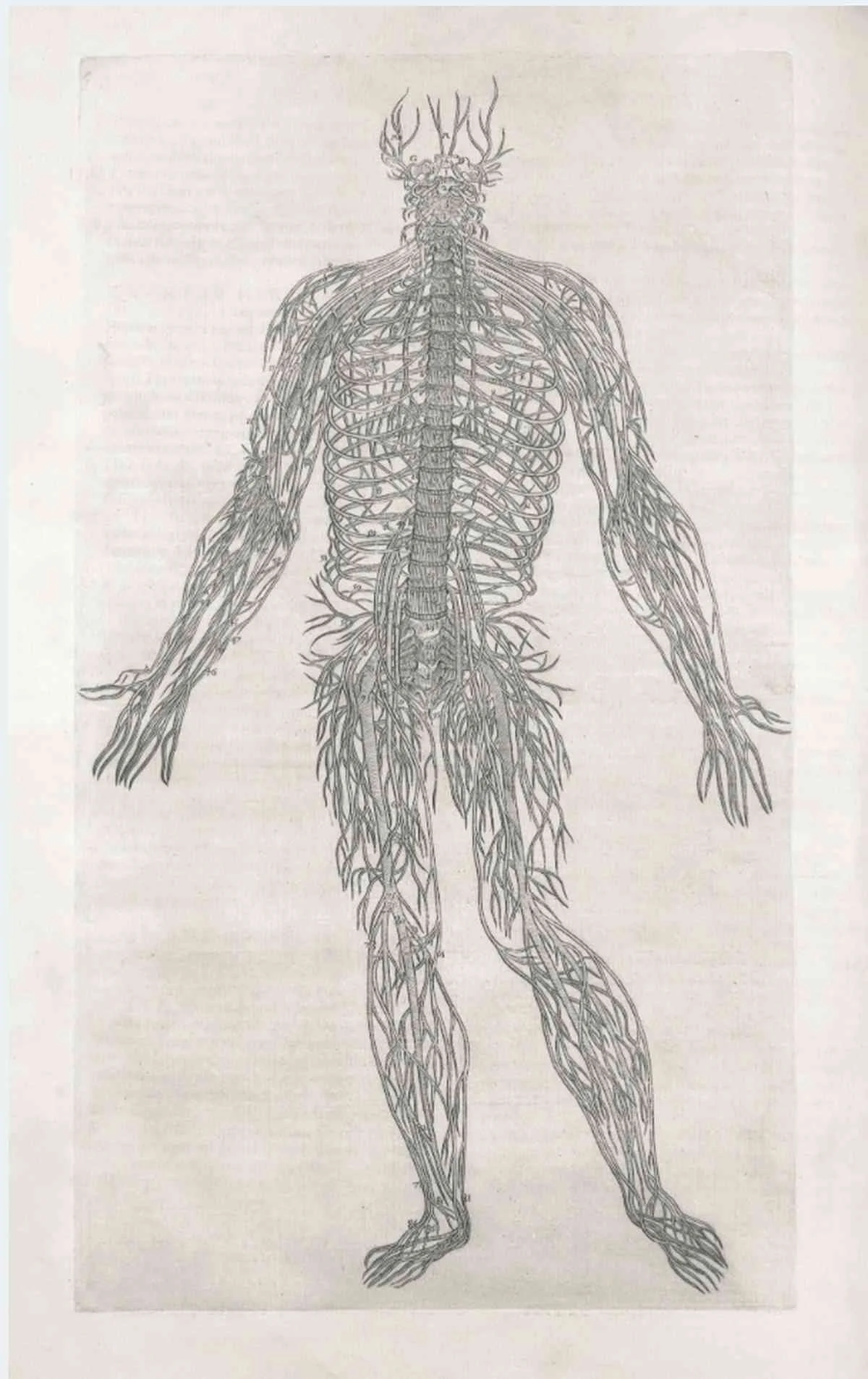
Somatic Therapy
Somatic Therapy in Salt Lake City
Feel Safe in Your Body Again with Somatic Therapy
You’re not broken. You’re running on survival mode — and your nervous system has been doing its best to protect you.
But if you’re reading this, it probably means the cost of pushing through has caught up with you.
✔ The constant tension that never goes away.
✔ The overthinking that steals your sleep.
✔ The way you “hold it all together” on the outside while feeling disconnected on the inside.
This isn’t weakness. It’s your body’s survival strategy.
And it’s also why traditional talk therapy may not have worked.
At Salty Counseling, I help individuals who are ready for real change — not just coping skills. My approach combines Somatic Therapy, EMDR, and Polyvagal Theory to retrain your nervous system at the root, so you can feel safe, calm, and fully present again.
What Is Somatic Therapy (and How Can It Help You Heal Trauma in Salt Lake City)
Somatic therapy helps you learn how to regulate your nervous system by working with the body — not just talking about your stress. That might mean noticing tension, breath, or emotion in a new way, so you can shift out of survival mode and feel more grounded, calm, and connected.
You Are Not Alone
If you’ve struggled to “think your way out” of anxiety or emotional patterns, you’re not alone. For many people, trauma and chronic stress live not just in the mind but also in the body.
According to research, nearly 70% of adults in the U.S. have experienced at least one traumatic event. Experiences like:
Childhood neglect or abuse
Car accidents or medical trauma
Loss of a loved one
Physical or sexual assault
Growing up in chaotic or emotionally unsafe environments
…can leave lasting imprints on the nervous system. Even after the danger has passed, your body may stay stuck in “fight, flight, or freeze,” making it hard to feel safe, connected, and present.
But these patterns aren’t permanent. With the right support, you can retrain your nervous system, release what’s been held in your body, and move toward emotional balance and resilience.
Signs Somatic Therapy Could Help You
Trauma and stress don’t always look obvious — sometimes they show up in subtle ways. You may benefit from somatic therapy if you notice:
In Your Body
Constant tension, feeling on edge, or hyperawareness of your surroundings
Trouble sleeping or frequent nightmares
Physical symptoms like headaches, stomach pain, or chronic fatigue
In Your Emotions
Emotional numbness or difficulty feeling joy
Overreacting to small stressors or shutting down when overwhelmed
Feeling disconnected from your body or “watching life from the outside”
In Your Relationships & Coping
Avoiding certain people, places, or memories
Difficulty trusting others or maintaining close relationships
Turning to overworking, people-pleasing, or substances to cope
These responses are your body’s way of protecting you. But they don’t have to define your life.
Benefits of Somatic Therapy for Women and Professionals in Salt Lake City
If you’re a high-achieving woman or LGBTQ+ professional, you’re used to pushing through stress and performing under pressure. But this constant state of “doing” can take a toll on your nervous system. Somatic therapy helps you:
Break free from overthinking. Calm the body first, so your mind can finally rest.
Release perfectionism. Step out of fight-or-flight patterns that keep you stuck.
Reconnect with your body’s cues. Learn to honor your needs instead of overriding them.
Build resilience. Recover from burnout and prevent future cycles of exhaustion.
Be fully present. Feel grounded in your work, relationships, and daily life.
This work isn’t about doing more — it’s about unlearning survival mode so you can move through life with clarity, ease, and confidence.
You Don’t Have to Keep White-Knuckling Your Way Through
If this list sounds familiar, your nervous system might be stuck in survival mode — and that’s something we can shift together.
I offer a free 15-minute consultation so you can ask questions, feel out the fit, and explore whether somatic therapy feels right for you.
How Somatic Therapy at Salty Counseling Helps You Heal
Somatic therapy reconnects you with your body, helping you release stored tension and retrain your nervous system to move out of survival mode. At Salty Counseling, I combine Polyvagal Theory, EMDR, body-based techniques, and Ego State Therapy for deep, lasting healing.
Polyvagal-Informed Therapy: Reset Your Nervous System
Safety and connection are the foundation of healing. Together, we’ll map your nervous system patterns and practice shifting from fight, flight, or freeze into calm and connection.
Tools may include:
Breathwork and grounding
Gentle movement to release tension
Co-regulation practices to build emotional safety
EMDR Therapy: Reprocess Stuck Memories
When old memories keep triggering your nervous system, EMDR helps your brain reprocess them so they lose their emotional charge. You’ll still remember what happened, but it no longer overwhelms you — making space for calm, clarity, and presence.
Somatic Techniques: Release Trauma From the Body
Trauma often shows up as muscle tension, shallow breathing, or even chronic pain. Somatic practices like body scans, grounding, and mindfulness help release what your body has been holding, so you feel more at ease.
Ego State Therapy: Heal Inner Conflict
Sometimes parts of us carry old pain or self-doubt. Ego State Therapy helps you connect with and heal these parts, creating a greater sense of wholeness and self-trust.
This work isn’t about rushing. It’s about helping you feel safe, supported, and empowered every step of the way.
Understanding Your Nervous System & Trauma Response
Polyvagal Theory, developed by Dr. Stephen Porges, explains how our nervous system shifts between different states depending on whether we feel safe or threatened.
Ventral Vagal – Safety & Connection
When you feel safe, you’re able to connect with others, engage meaningfully, and stay calm and present.
Sympathetic – Fight or Flight
When a threat is detected, your body reacts with anxiety, fear, or anger, preparing you to protect yourself.
Dorsal Vagal – Shutdown & Freeze
When stress becomes overwhelming, the body may shut down, leading to numbness, disconnection, or dissociation.
Recognizing these states helps you understand why you react the way you do — and with therapy, you can learn tools to bring your nervous system back into balance, creating more safety, connection, and resilience in your daily life.
What Clients Are Saying About Somatic Therapy
“Since working with Q, my blood pressure has gone down. I feel calmer and more grounded in my daily life.” – J.T.
“The constant tension in my chest is gone, and I finally sleep through the night. For the first time in years, I feel calm in my own body.” – M.R.
“Now I feel grounded, clear, and able to actually enjoy life again.” – Sarah J.
Other clients share:
Feeling safe and at home in their own body
Staying grounded and fully present in daily life
Experiencing calm instead of constant anxiety
Common Questions About Somatic Therapy
What’s the difference between somatic therapy and talk therapy?
Somatic therapy focuses on the body and nervous system, while talk therapy focuses on thoughts and emotions. Somatic therapy helps release trauma stored in the body.Will I have to relive my trauma?
No. Somatic therapy focuses on how trauma lives in your body today. You don’t need to share every detail of your past. Instead, we’ll gently work with your nervous system’s responses to release tension and help you feel safer in the present.
What if I’ve tried therapy before and it didn’t work?
Many talk therapies don’t address the body’s role in healing. By adding somatic and Polyvagal approaches, we work with your whole system — mind and body — to create balance and lasting change.
How long does it take to see results?
Healing is unique for everyone. Some clients notice shifts within a few sessions, while others need more time to process deeper patterns. My goal is to support sustainable change at a pace that feels right for you.
Why Work With Me for Somatic Therapy?
With over a decade of experience in trauma recovery, I specialize in helping women and LGBTQ+ clients heal at the nervous system level — not just learn coping strategies.
At Salty Counseling, you’ll find:
✔ Full-protocol EMDR delivered with fidelity
✔ A compassionate, nonjudgmental space where you set the pace
✔ Holistic mind-body healing rooted in the latest neuroscience
✔ A therapist who understands the unique needs of high-achievers and trauma survivors
You don’t have to keep living in survival mode. Let’s help your body and mind feel safe again.
Take the First Step Toward Healing
Your trauma doesn’t have to define you. With somatic therapy, you can release what’s been held in your body and step into a calmer, more connected life.
Ready to begin your healing journey? Let’s see if somatic therapy is the right fit and how it can help you feel safe, supported, and whole again.
Somatic therapy helps you reconnect with your body’s natural capacity to heal. Explore my full approach to trauma therapy on the Salty Counseling homepage. Trauma therapy in Salt Lake City.
Related Services at Salty Counseling
Somatic Therapy in Salt Lake City – Release stress and trauma stored in the body.
EMDR Therapy in Salt Lake City – Reprocess trauma memories and find lasting relief.
Trauma Therapy in Salt Lake City – Heal the root of past experiences and feel safe in your own life again.
Anxiety Therapy in Salt Lake City – Calm racing thoughts and find balance.
Burnout Recovery in Salt Lake City – Rebuild energy and restore clarity.








